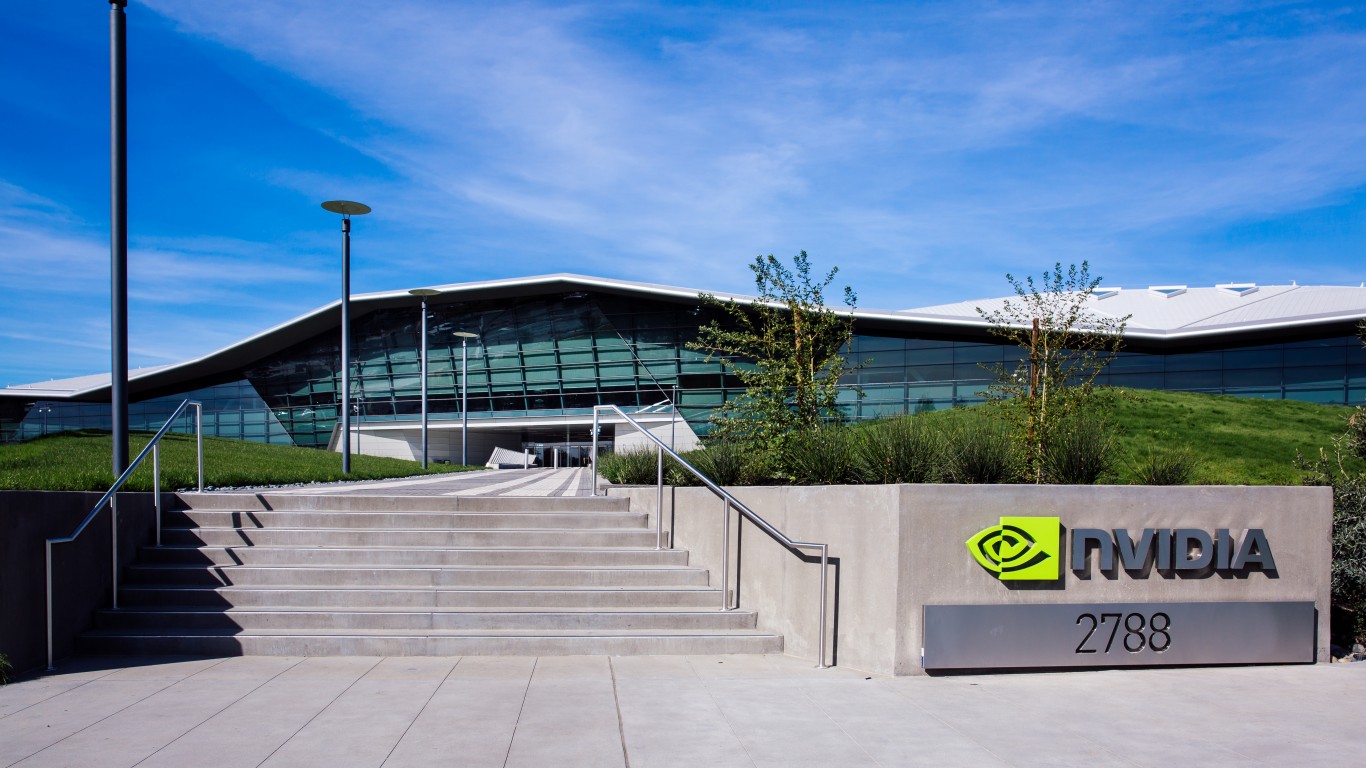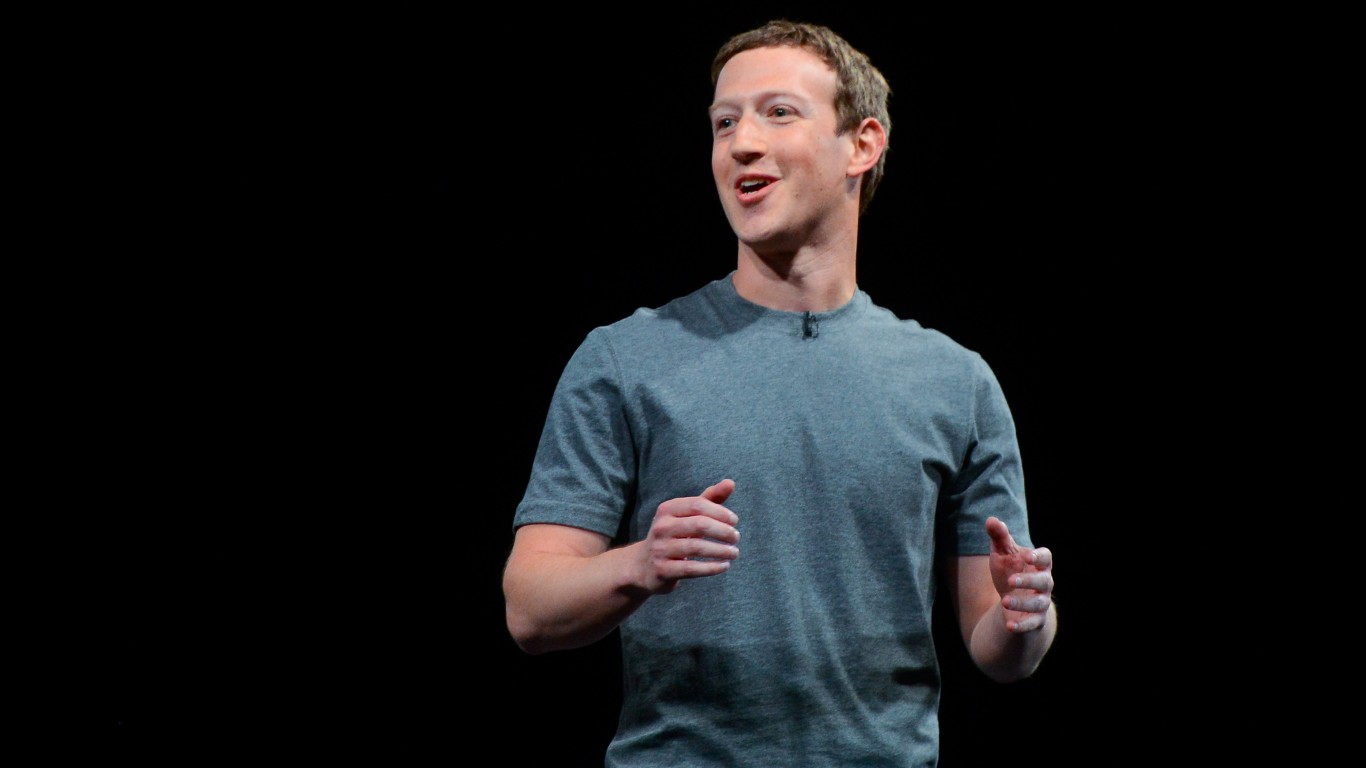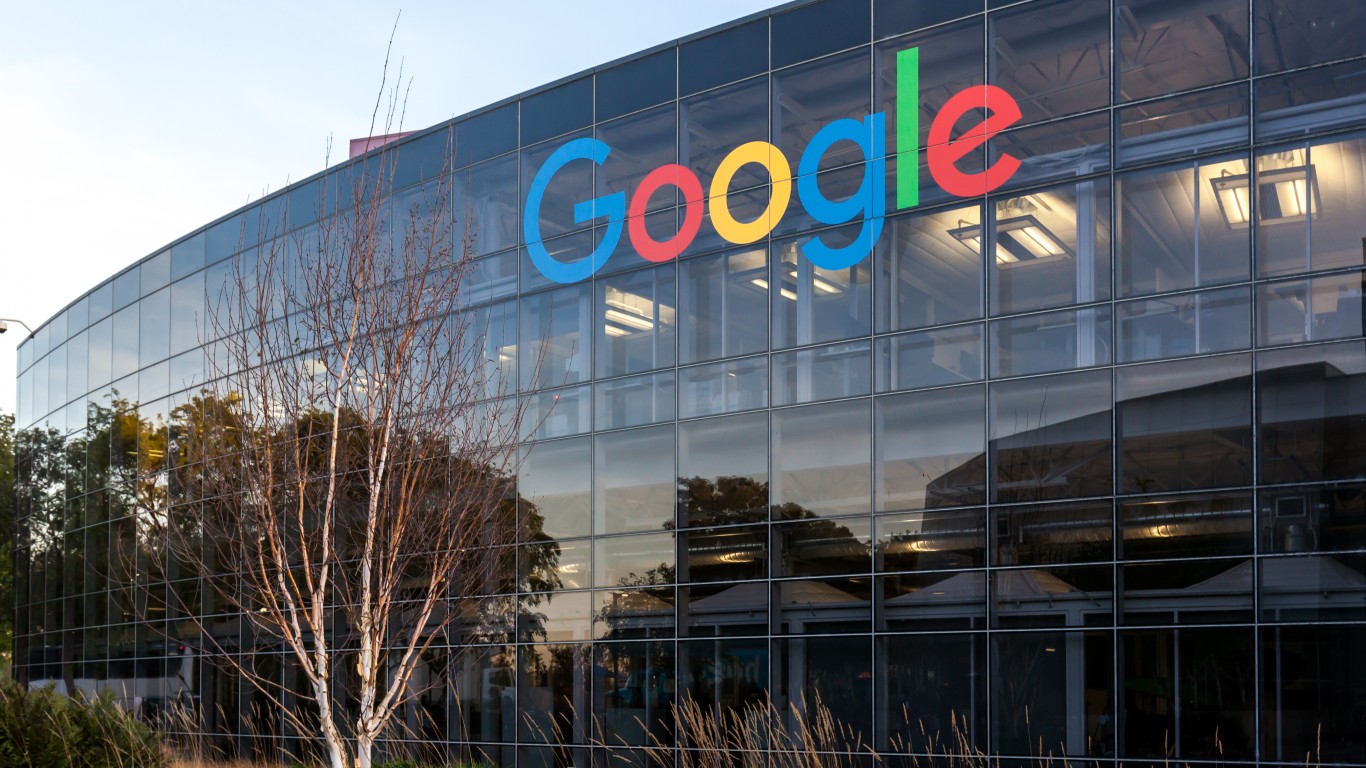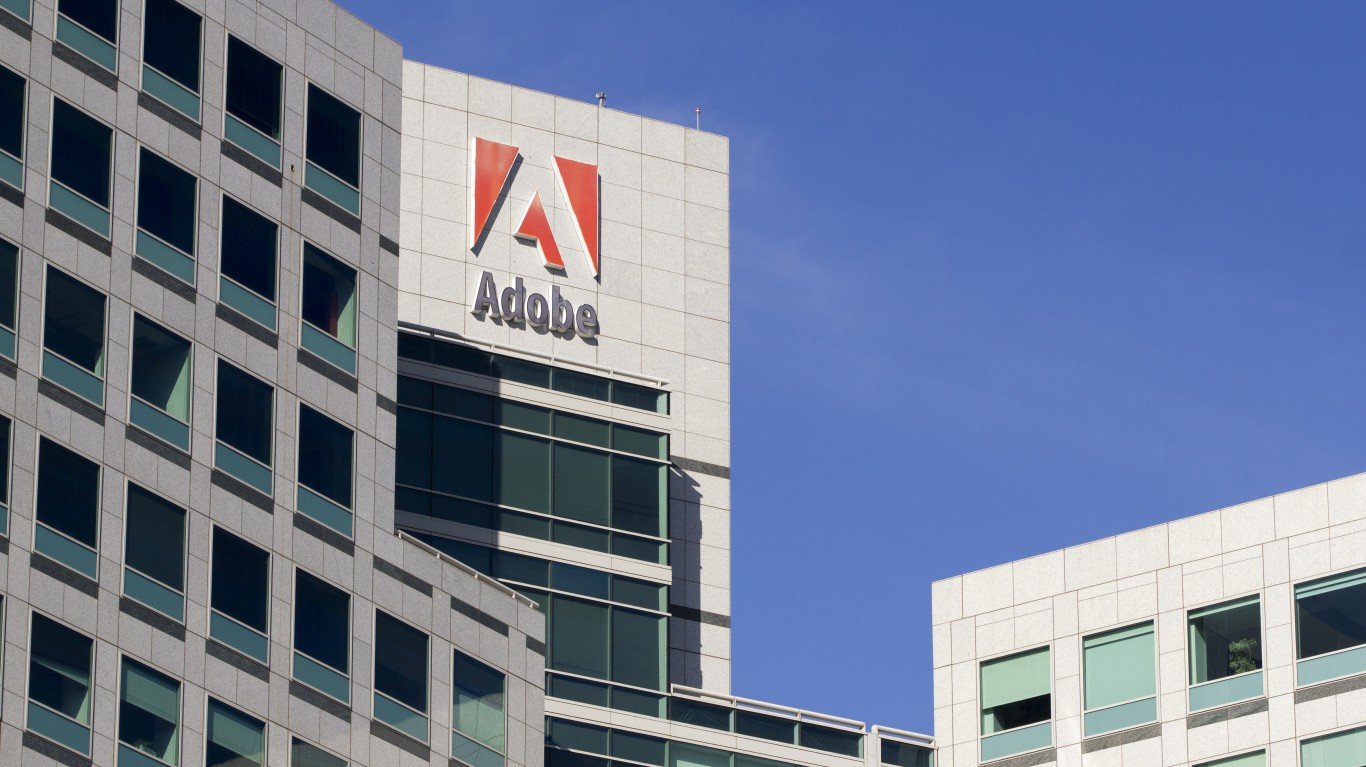

In a surprising move, as a part of Microsoft’s reduction of 10,000 workers announced in January, the software giant also laid off 100 team members for its metaverse division. Also, in January, Microsoft announced a $10 billion investment in OpenAI. Does this effectively shifts Microsoft’s goals from the metaverse to AI?
Microsoft Throws the Towel on the Metaverse?
According to insiders who tipped The Information on Thursday, Microsoft terminated its Industrial Metaverse Core. The team was established in October to generate virtual environments for various industries.
At the time, Microsoft’s Chief Commercial Officer, Judson Althoff, presented the project as a commercial metaverse that creates next-generation, immersive communication and collaboration between people in a work environment. This can range from health care and energy to financial and retail services.
In other words, Microsoft’s metaverse was supposed to “redefine how we collaborate as a society.” It would’ve been a perfect fit for Microsoft’s HP Reverb G2 mixed reality headset.
The decision is not that surprising, though. On January 20th, Microsoft’s AltspaceVR announced it is closing its doors on March 10. Microsoft acquired AltspaceVR in 2017 to create virtual spaces. However, in the announcement, the AltspaceVR team noted they will instead shift focus to “support immersive experiences powered by Microsoft Mesh.”
As a platform that mixes remote collaboration and holographic interaction in real-time, Mesh appears to be the go-to virtual environment for Microsoft instead of having a dedicated metaverse platform, such as Sandbox, for commercial applications.
Do Metaverse and AI Go Together?
In January, Microsoft announced the plan to invest $10 billion in OpenAI startup, noted for its popular ChatGPT machine learning tool. And for a good reason, as it is the fastest-growing consumer app in internet history, having reached 100 million users in just two months. For comparison, it took Facebook’s Instagram two and a half years to reach that milestone.
With Microsoft’s capital injection, alongside other venture capital firms, OpenAI is set for a $29 billion valuation. The startup would give 75% of profits to Microsoft until the investment is returned. After that threshold is crossed, Microsoft would be left with a 49% stake in OpenAI.
“Microsoft shares our values and we are excited to continue our independent research and work toward creating advanced AI that benefits everyone.”
Sam Altman, CEO of OpenAI
As the Microsoft-OpenAI partnership solidifies, Microsoft’s Edge browser has already integrated ChatGPT capabilities. Presently, it is in early access for a select group of people, but one can join the waitlist. Microsoft has always struggled to outpace Alphabet’s Google search engine with Bing.
With ChatGPT coming online to provide more customized, intelligible, and focused search results, overtaking Google is now on the horizon. According to Philippe Ockenden, CFO of the Windows, Devices, and Search businesses, for every percentage point, Bing picks up in search ads, Microsoft is poised to generate $2 billion in revenue.
Microsoft CEO Satya Nadella is now confident that AI can help the company beat Google, as noted in Wednesday’s interview with TheVerge.
“Forget anywhere else, on Windows, Google makes more money than all of Microsoft. So let’s start there. So there’s a huge opportunity for us if we got some additional share, whether for our browser or our search engine. “
If any company has the infrastructure to make it happen, it would be Microsoft. Thanks to Azure cloud computing, Microsoft Mesh and OpenAI can scale back-end services. More importantly, Microsoft can still generate shared virtual experiences (metaverse) with its Inception and Character.ai.
On the one hand, Inception allows startups to tap into Microsoft’s resources and cutting-edge innovations. On the other hand, Character.ai can power AI-driven virtual characters to interact with humans in real time.
Combined with Microsoft’s mixed reality/VR hardware, this would go a long way in establishing ‘metaverse immersion.’ If nothing else, Florida residents can’t wait to tap into such experiences.
This article originally appeared on The Tokenist
Essential Tips for Investing: Sponsored
A financial advisor can help you understand the advantages and disadvantages of investment properties. Finding a qualified financial advisor doesn’t have to be hard. SmartAsset’s free tool matches you with up to three financial advisors who serve your area, and you can interview your advisor matches at no cost to decide which one is right for you. If you’re ready to find an advisor who can help you achieve your financial goals, get started now.
Investing in real estate can diversify your portfolio. But expanding your horizons may add additional costs. If you’re an investor looking to minimize expenses, consider checking out online brokerages. They often offer low investment fees, helping you maximize your profit.
Thank you for reading! Have some feedback for us?
Contact the 24/7 Wall St. editorial team.



